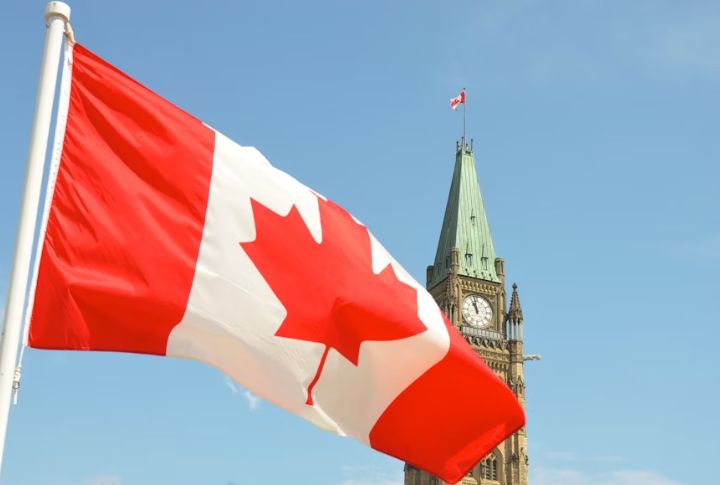
Sure, they both love coffee, sitcoms, and saying “sorry”, but Canada isn’t America’s polite twin. Its culture walks its own path, shaped by unique histories, traditions, and priorities. Look a little closer, and the differences don’t just stand out—they define the entire picture.
Multiculturalism As Official Policy
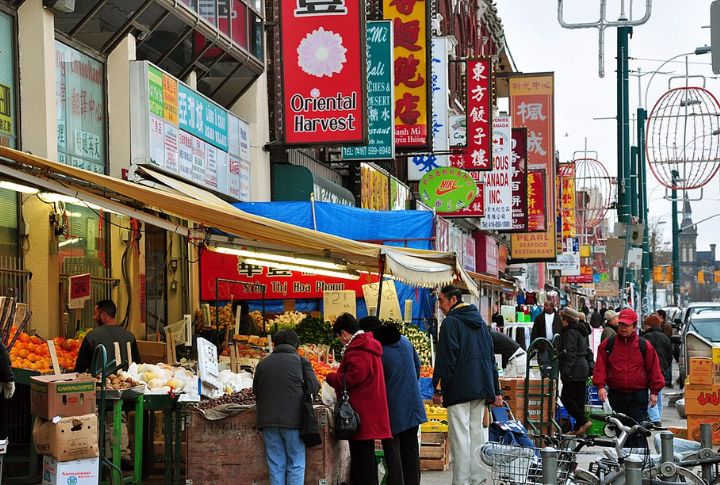
More than a philosophy, multiculturalism is codified in Canadian law through the 1988 Multiculturalism Act. It supports the preservation of cultural heritage while promoting unity. By contrast, the U.S. emphasizes assimilation. Diversity in Canada isn’t simply tolerated—it’s protected and celebrated as a defining feature of national character.
Bilingualism Embedded In National Identity
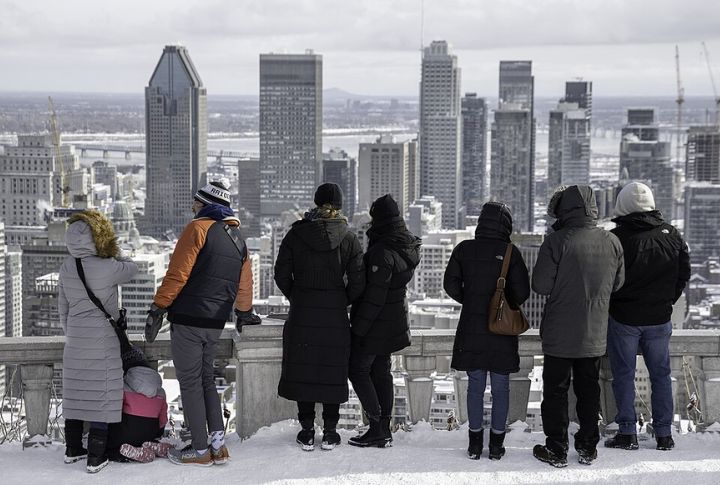
French and English enjoy equal footing in Canada, not just in spirit but by law. This bilingual foundation runs through the country’s institutions and daily life, shaping communication, policy, and cultural expression. It’s a framework designed to serve a diverse and multilingual population.
Indigenous Cultures Integral To National Fabric
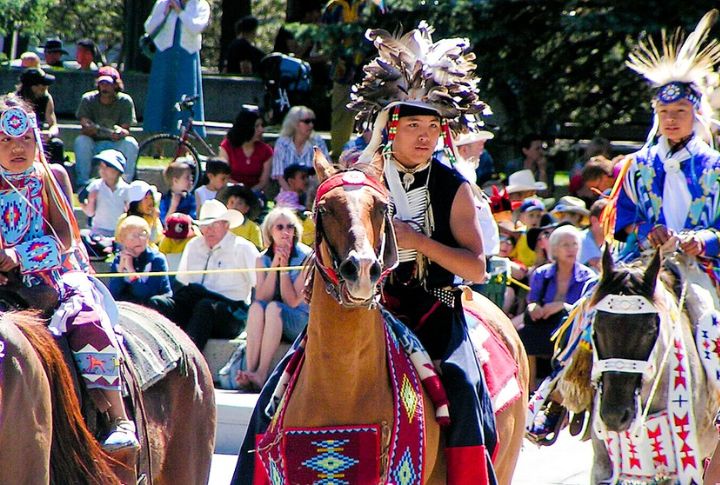
Before Confederation or colonization, Indigenous peoples shaped the region’s identity. Today, more than 1.8 million Canadians identify as First Nations, Inuit, or Metis. Their presence also influences Canadian life and fosters a living connection to the land and traditions that predate the nation.
Universal Healthcare As A National Value
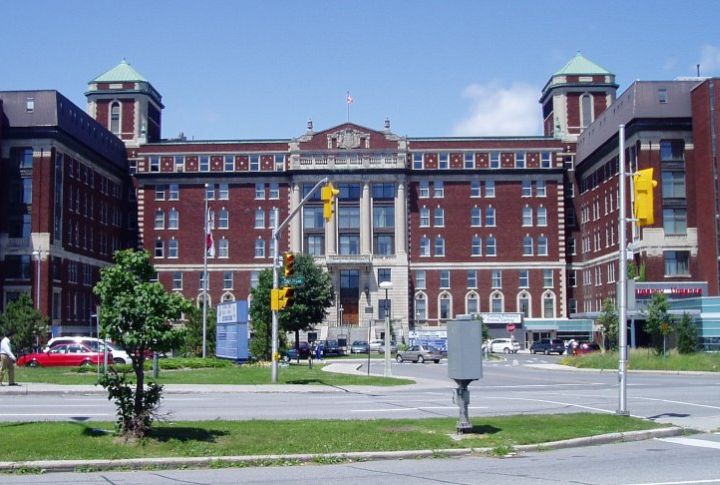
Medical bills don’t dictate survival in Canada. Thanks to publicly funded healthcare, citizens access essential services without paying at the point of care. This model stems from a social contract prioritizing well-being over wealth, making it a cornerstone of modern Canadian values and national identity.
Comprehensive Social Safety Net

Federal programs like Employment Insurance and the Canada Child Benefit aren’t mere policy tools—they’re cultural markers. Canada’s emphasis on shared responsibility ensures that hardship doesn’t mean abandonment. Unlike more individualist models, this approach fosters a sense of mutual care embedded in daily civic life.
Government Support For The Arts

A thriving arts scene in Canada isn’t left to market forces alone. The Canada Council for the Arts disbursed over $300 million in grants during 2023–24 to artists across all provinces. These funds signal a state-level investment in cultural storytelling, representation, and creative independence.
Hockey’s Cultural Significance

Hockey carries deep meaning in Canadian life. It’s stitched into the fabric of winter memories, weekend rituals, and national pride. The sport extends beyond competition—it’s an emotional and cultural touchstone that reflects how Canadians connect with each other and their heritage.
Environmental Stewardship Prioritized
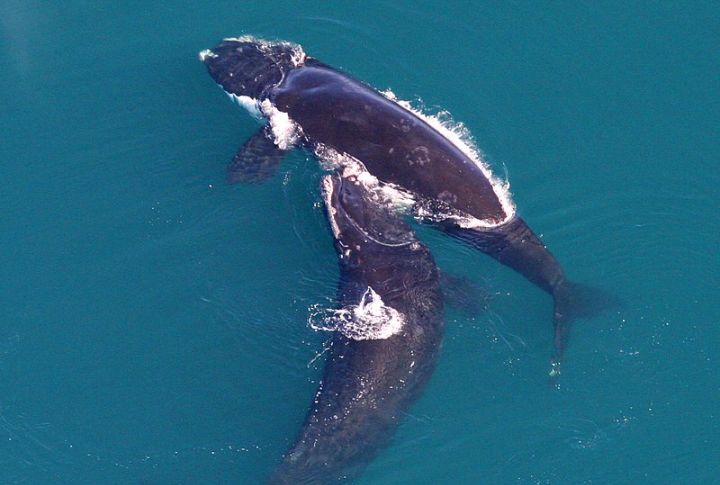
In July 2024, Canada again restricted marine vessel speeds to protect the endangered North Atlantic right whale. That’s just one example of a deeper environmental ethic shaping national policy. The decision reflects a national approach to environmental care, grounded in long-term responsibility and cultural values.
Parliamentary Democracy With Constitutional Monarchy
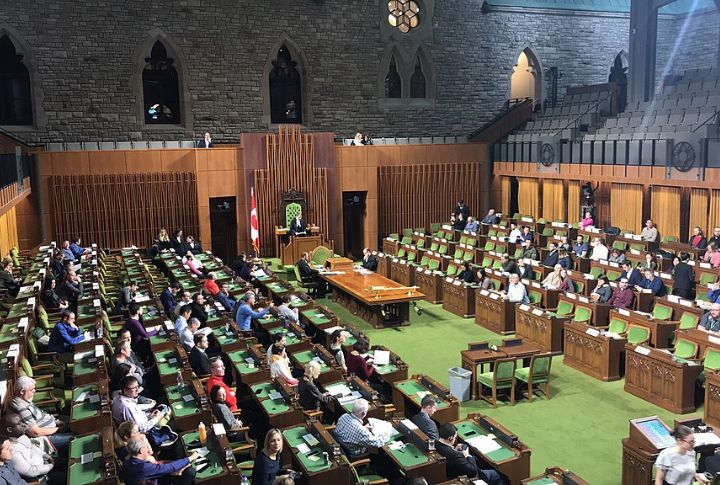
Canada’s head of state is a monarch, but its political power lies with the elected House of Commons. Unlike the U.S. presidential system, this blend of ceremonial continuity and legislative representation mirrors British roots while embracing democratic accountability unique to Canada’s government structure.
Emphasis On Politeness And Social Harmony

Apologies are almost reflexive in Canadian speech, but there’s more beneath the manners. The culture emphasizes civility, consensus, and cooperation in both public discourse and daily life. Such norms shape a national temperament that favors harmony over confrontation, making kindness more of an expectation.

